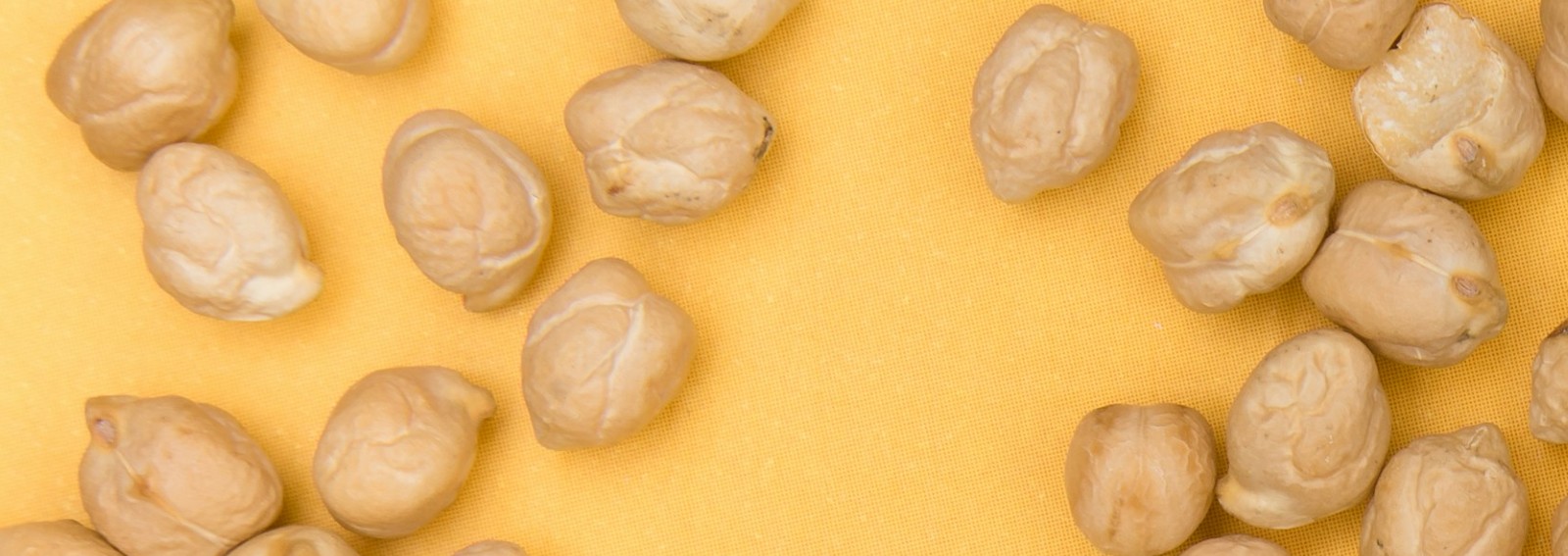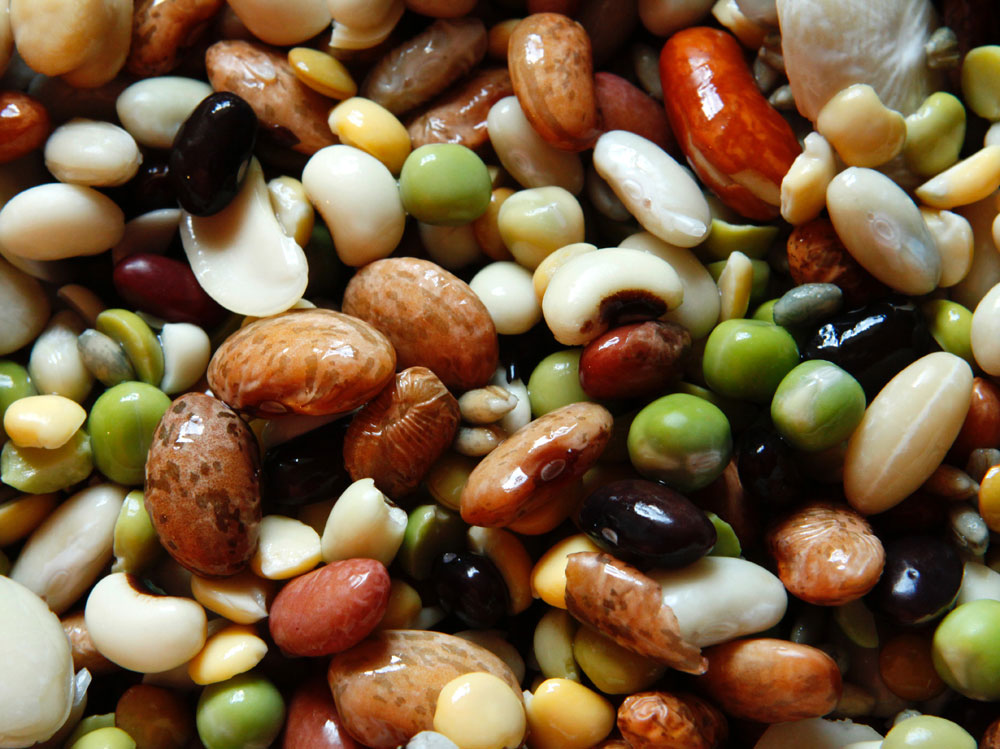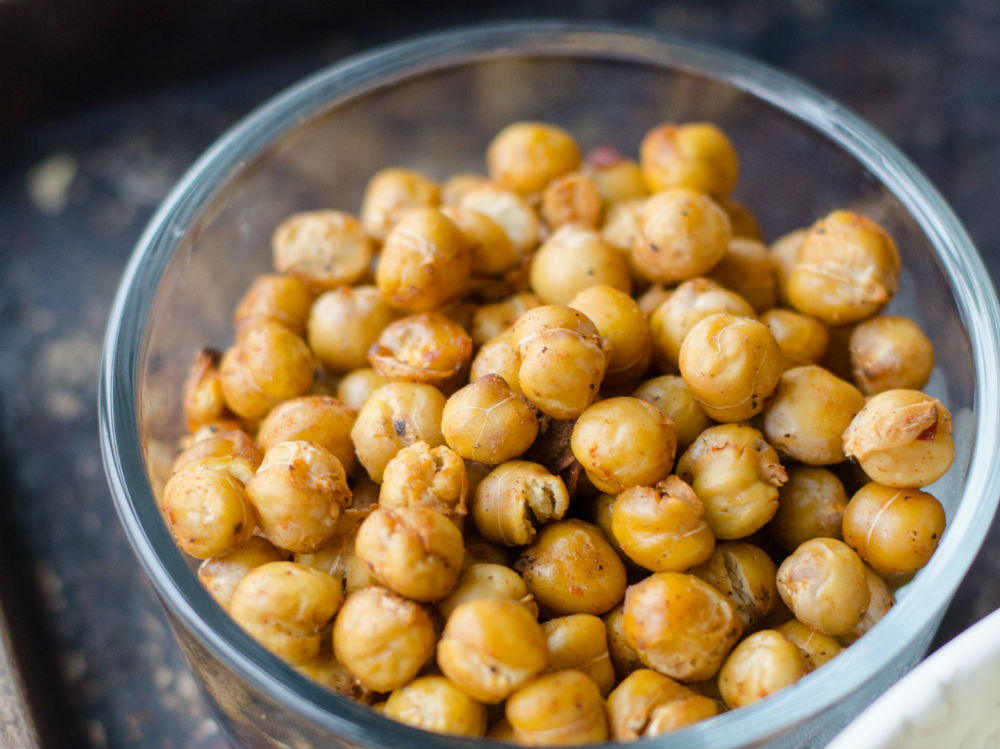

Chickpeas are excellent plant-based protein sources, alternatives to animal-based ones like meat, its derivatives, and fish. But that’s not all.
It’s now well known that consuming at least three servings of legumes per week reduces the risks of disorders such as type 2 diabetes and cardiovascular diseases, which are among the most common.
Fiber-Rich Foods: Benefits and Best Sources
But chickpeas specifically boast significant amounts of essential amino acids and good types of essential fatty acids such as linoleic acid and oleic acid.
Chickpeas are also excellent sources of vitamins including folates, valuable for the immune system, but also riboflavin, niacin, thiamine, and beta-carotene, a precursor of vitamin A.
The health benefits are numerous!
5 (Great) Reasons to Eat Chickpeas

They’re Good for Bones
Osteoporosis is one of the most common disorders, especially among women. Eating chickpeas often helps reduce the risk of bone fragility. Chickpeas provide good amounts of calcium, an essential mineral for skeletal health, as well as magnesium and vitamin B6, which promote its assimilation.
They Improve Mood
Chickpeas are also excellent for combating bad moods, melancholy, and sadness. They provide tryptophan, the essential amino acid precursor of serotonin, the mood hormone, but also polyunsaturated essential fatty acids, magnesium, zinc, phosphorus, manganese, and copper, valuable for emotional balance.
They Protect the Heart
A cup of chickpeas contributes to the daily requirement of magnesium, a mineral useful for counteracting sodium, which in excess increases cardiovascular risks.

They Fight Fatigue
Chickpeas help increase energy and strength as they provide complex carbohydrates, plant proteins, and good fats.
They also provide B-complex vitamins, including vitamin B1 and vitamin B2, which promote energy metabolism.
They Aid Concentration
Chickpeas stand out for their richness in minerals and trace elements that support brain functions such as selenium, manganese, copper, and zinc.
They also provide good lipids, excellent allies to stay away from concentration dips.
Photo Credits: Unsplash
This article first appeared on Grazia.it – Author: Angela Altomare













